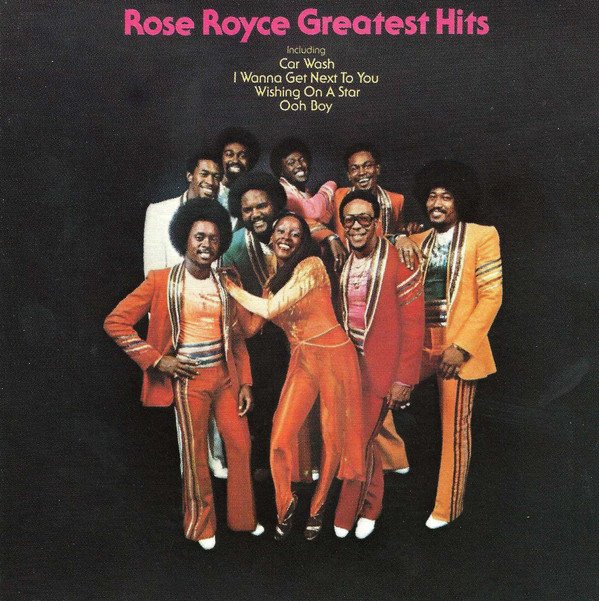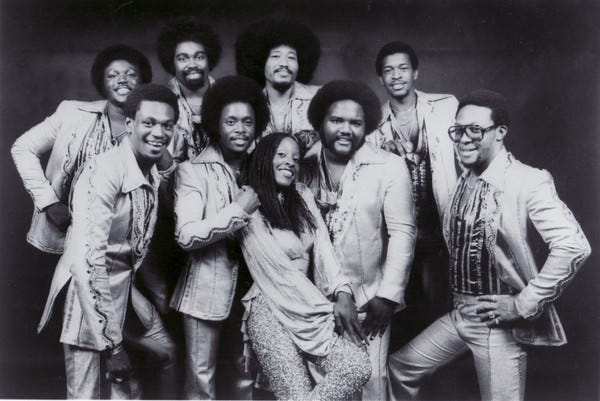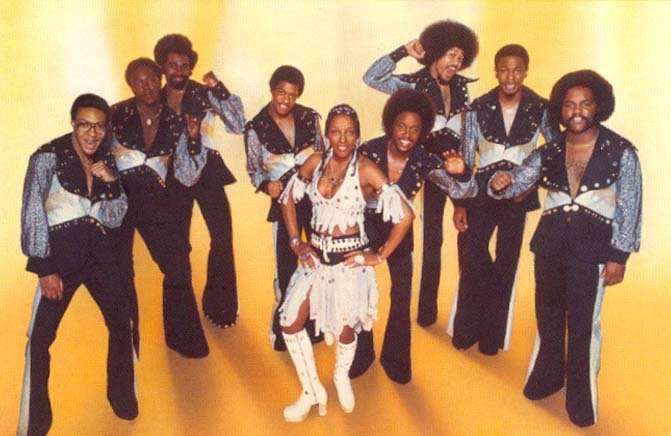“Love Don’t Live Here Anymore” – Rose Royce

“Love Don’t Live Here Anymore” is a soulful ballad by Rose Royce, released in 1978 as part of their second studio album, Rose Royce II: In Full Bloom. The song became one of their most notable hits and has been covered by various artists over the years. Let’s delve into the background of Rose Royce, analyze the song “Love Don’t Live Here Anymore,” and discuss its cultural and musical significance.
Background of Rose Royce
Rose Royce is an American R&B and soul band formed in Los Angeles, California, in the mid-1970s. They gained fame for their association with the movie Car Wash, for which they provided the soundtrack. The band’s lineup included lead vocalist Gwen Dickey (later replaced by Rose Norwalt), Kenny Copeland, Kenji Brown, Lequeint “Duke” Jobe, Michael Moore, Freddie Dunn, and Henry Garner. Their music is characterized by soulful vocals, smooth grooves, and memorable melodies.
Song Analysis
“Love Don’t Live Here Anymore” is a poignant soul ballad that showcases Rose Royce’s musical depth and emotional resonance. The song opens with a melancholic piano melody, setting a reflective and introspective tone. The instrumentation includes lush strings, gentle guitar strums, and a subtle rhythm section, creating a hauntingly beautiful backdrop for the song’s lyrical narrative.
The lyrics of “Love Don’t Live Here Anymore” explore themes of heartbreak, loss, and emotional devastation. The protagonist reflects on a past relationship that has faded away, leaving behind emptiness and longing. The chorus, with its powerful refrain “Love don’t live here anymore,” encapsulates the stark reality of love lost and the pain of moving on.
Gwen Dickey’s soulful and emotive vocals convey raw emotion and vulnerability, capturing the depth of the song’s lyrical content. Her vocal performance is supported by the band’s nuanced instrumentation and tight musical arrangement, creating a seamless fusion of soul, R&B, and pop influences.

Cultural and Musical Significance
Released in 1978, “Love Don’t Live Here Anymore” resonated with audiences during a time when soul and R&B music were experiencing a creative renaissance. The song’s introspective lyrics and soulful melodies struck a chord with listeners, earning critical acclaim and commercial success.
“Love Don’t Live Here Anymore” has since become a classic in the soul and R&B genres, with its enduring popularity evidenced by numerous covers and reinterpretations by artists across different musical styles. The song’s timeless themes of heartbreak and resilience continue to resonate with listeners, making it a staple on playlists dedicated to soulful ballads.

Legacy
Rose Royce’s “Love Don’t Live Here Anymore” remains a testament to the band’s musical prowess and artistic vision. The song’s ability to evoke deep emotions and convey universal truths about love and loss has solidified its status as a classic in soul music history. Its impact extends beyond its initial release, as it continues to inspire and influence contemporary artists and audiences alike.

Conclusion
In conclusion, “Love Don’t Live Here Anymore” by Rose Royce is a soulful ballad that showcases the band’s musical talent and emotional depth. The song’s poignant lyrics, soulful melodies, and Gwen Dickey’s powerful vocals have made it a timeless classic in R&B and soul music. Rose Royce’s ability to blend soul, pop, and R&B influences resulted in a song that resonates with listeners, capturing the complexities of love and heartbreak. “Love Don’t Live Here Anymore” continues to be celebrated for its enduring impact and cultural significance in the realm of soul music.











